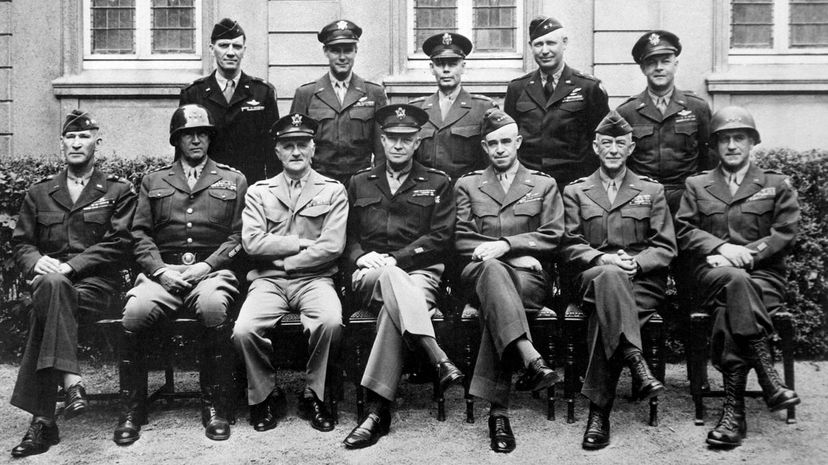
About This Quiz
We invite you to sieve through gripes among the Allied and Axis powers with our World War II drill. This quiz is chock full of international intrigue, suspense, victories and devastating losses. As the saying goes: "All is fair in love and war"; we'd absolutely love for you to prove your World War II know-how!
World War II resulted in a string of monumental world changes. The United Nations was formed, the concept of Israel materialized and the arms race that was the Cold War of the 20th century kicked into full gear. The Second World War was a massive global conflict and lasted six years and one day. The United States emerged as a dominant world superpower, having demonstrated astounding nuclear weapons capability. Britain beefed up its intelligence gathering and decoding wits with the infamous bombe machine, a device that accelerated the Allied forces' win in the end.
World War II alliances were essential, and strange bedfellows emerged as a result. Germany promoted a pro-Aryan agenda, yet embraced Japan to take care of the East Asian side of the globe, and the U.S. officially recognized a major Communist entity for the first time ever.
Pick your best guesses concerning Second World War movers and shakers in just a few scrolls!
Advertisement
Advertisement
Advertisement
Advertisement
Advertisement
Advertisement
Advertisement
Advertisement
Advertisement
Advertisement
Advertisement